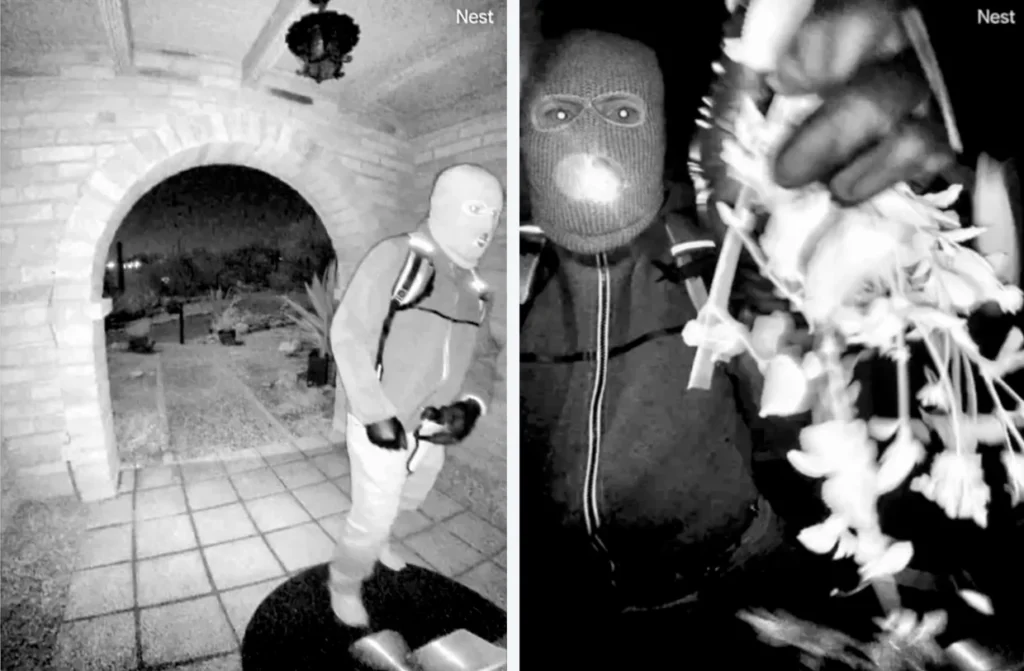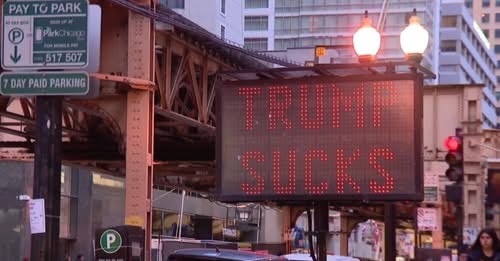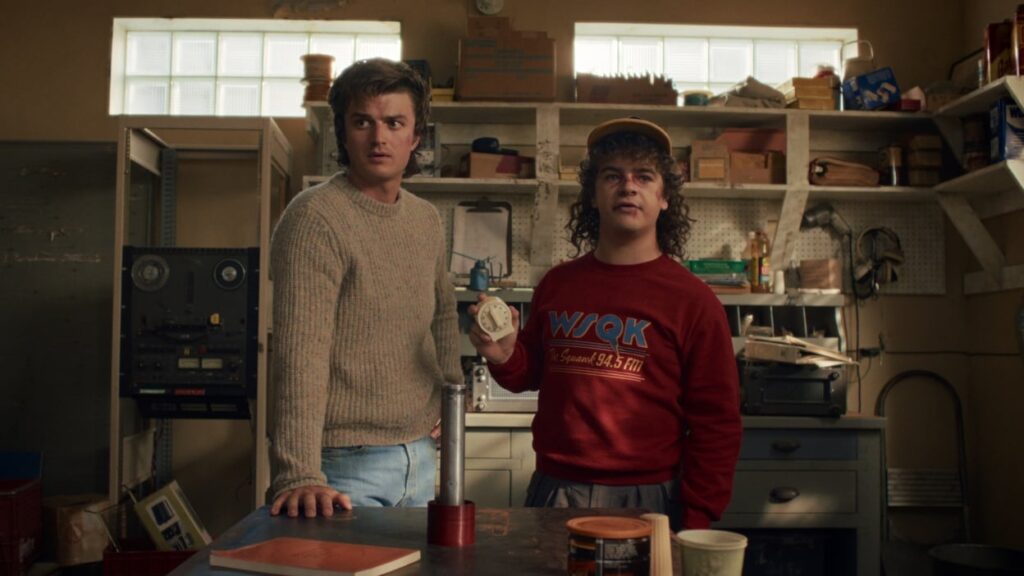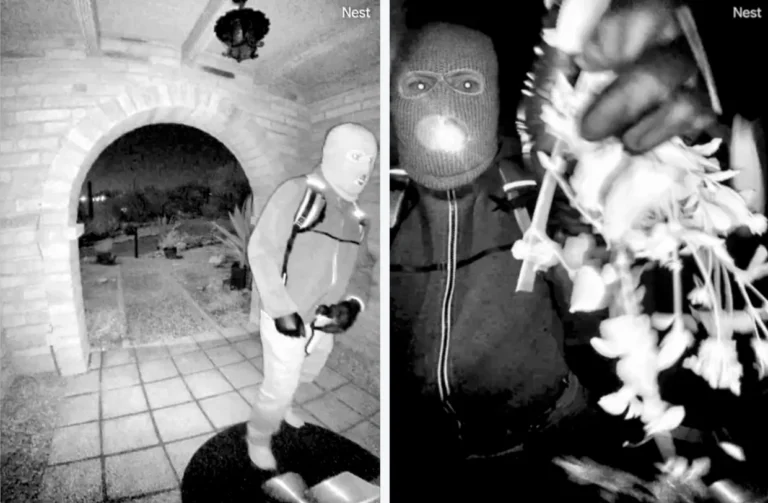Consumers are being exposed to an improved hazard of food poisoning risk increase because of delays in meal hygiene inspections, BBC research has found.
Analysis shows one in five restaurants and takeaways had no longer been seen by food inspectors for more than five years.
Environmental health teams say a recruitment crisis and a backlog from the pandemic are behind the fashion.
The public services union Unison said it become a “critical public health issue”.
A spokesman said: “Inspections are actually so not on time that it’s perfectly feasible for food organizations with shoddy hygiene practices to function with little worry of ever being caught.”
The BBC’s findings come amid heightened meals protection worries following an E-coli outbreak in June related to infected merchandise.
Hospitality UK, which represents food and drink businesses, said three-quarters of eateries received the top hygiene rating score on their brand new inspection.
“While the arena has been mild within the past few years, our clients’ safety is in no way negotiable,” a spokesman said.

‘Full of detritus’
With the sort of long time between inspections, even supposedly low-danger institutions can let requirements slip, according to classic automobile blogger Steph Holloway.
The 36-year-old from Huddersfield suffered a suspected food poisoning risk increase after eating out at a curry house in May 2023.
Even though it had a five-celebrity hygiene score, she said it was straight away clear things had modified since the remaining time it was inspected more than two years ago.
“I walked in, and I thought, ‘This isn’t very clean’,” Steph stated. “We just stated, ‘Oh, let’s devour; it will be best’ – however, it wasn’t pleasant.”
Steph and her boyfriend observed that the tray used to serve the poppadoms had become extraordinarily dirty.
“It was simply full of detritus,” she said. “It appeared like it had sat in a person’s cupboard for 10 years.”
Steph also noticed black dirt at the door handles and a complete mop bucket being used to prop a hearth door open.
Hours later, she and her boyfriend were hit with symptoms, and Steph spent the next two days confined to bed.
The couple complained about the restaurant, but the premises were not inspected again until September of that year.
It acquired a 0, the worst score a food outlet can receive.
Inspectors determined mouldy fruit inside the fridge, poor cleansing practices, and fruit flies across the kitchen. It was inspected once more in April of this year and currently has a three-megastar rating.
“We are being very cautious about where we cross,” said Steph.
‘Something distinctive every day’
Cockroaches, rat droppings, and mouldy food—the existence of a hygiene inspector won’t seem the most glamorous.
But the frame overseeing meal safety is hoping to avoid a recruitment crisis that might expose customers to critical infections.
Nicola Carrington, 24, is within the age range within which councils around the United States of America are trying to appeal to new recruits.
She works for the environmental health crew at Salford City Council and loves her task.
I have seen some entities, which is probably without a doubt quite awful,” she stated. I visited one that had roaches. I suspect the corporations understand there’s a problem, but what do they do about it?
Nicola studied chemistry, biology, and physics at the university before completing an environmental fitness diploma at Liverpool John Moores University. Being an inspector is something she constantly desires to do.
“The majority of the time, humans are amazed once I stroll in,” she stated. “They say, ‘You’re a bit younger, aren’t you’?
“People just don’t know how to get into it. I just don’t listen to absolutely everyone speak about it at university.”
But Nicola says it is definitely a thrilling and rewarding activity.
“You are doing something one of a kind each day; every meal commercial enterprise owner is unique. You get to satisfy such a lot of specific humans, you don’t realize what you’re going to anticipate.”
What do hygiene inspectors do?
Guidelines state that most meal premises in England, Wales, and Northern Ireland must be inspected between six months and two years, depending on the extent of the chance.
Some extremely low-danger agencies, which include pharmacists and greengrocers, may be inspected within 3 years.
Council-employed teams fee premises for things like cleanliness, pest control, and a secure garage for meals, giving them a rating of 0 in the worst cases and 5 in the most pleasant instances.
They also have the power to shut groups down in extreme occasions.
The BBC’s evaluation of more than 250,000 public facts on the Food Standards Agency website has determined that more than 53,0000 have not been inspected since 2021.
In Scotland, which runs a bypass or fail meal hygiene scheme, almost 40% of corporations were last assessed more than two years ago.
‘Very uncomfortable state of affairs’
Emily Miles, the chief executive of the Food Standards Agency, which oversees food hygiene inspections in England, Wales, and Northern Ireland, said councils had been getting through backlogs of high-danger inspections, which were established in the course of the COVID lockdowns.
But she stated the corporation became concerned lower-risk venues and new venues were now not being checked.
A lengthy-term decline in council meals protection funding and a 15% drop in hygiene inspection staff during the last decade had left metropolis halls struggling to assess companies in time, she stated.
In April 2021, the backlog stood at 77,000 agencies watching for an inspection in England, Wales and Northern Ireland, that is double the usual degree.
Visit For More: Global Insight Latest











